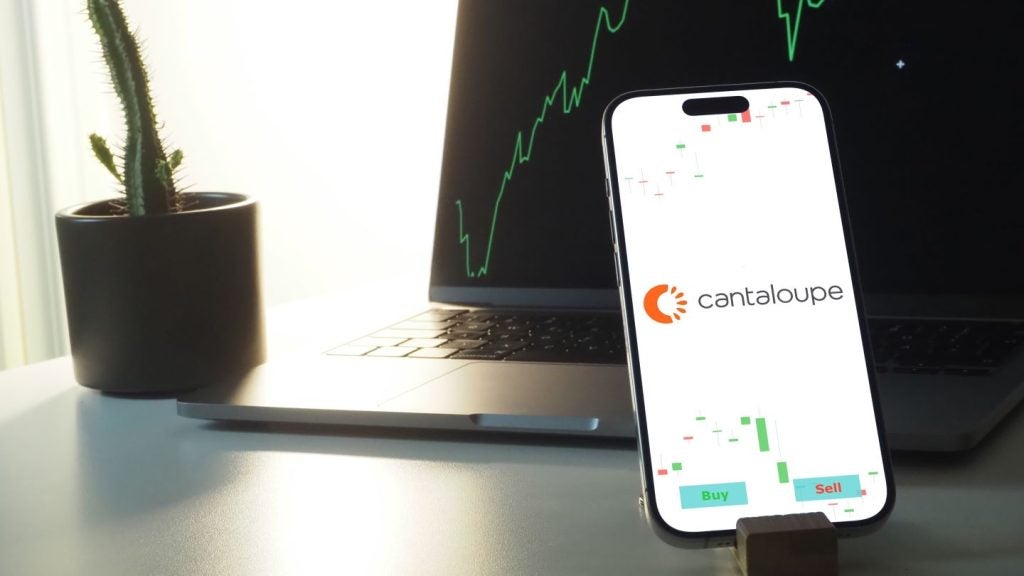 Raiffeisen International has added a predictive element to
Raiffeisen International has added a predictive element to
its credit scoring process to reduce credit risk and potentially
stabilise the capital requirements of its retail bank.
Raiffeisen is using economic impact
services (EIS) to complement its more traditional credit scoring
information, a project it has been working on with credit scorer
FICO.
EIS overlays macroeconomic
information onto a traditional credit scoring process, creating a
dynamic system that adapts to Raiffeisen’s in-house research on the
economy in the central and eastern European countries in which it
operates. The bank has tested out the technology on credit cards,
personal loans and mortgages across the group and is introducing it
first in Hungary.
Zsolt Jaczko, head of methodology
and validation at the Austria-based bank, told Electronic
Payments International the bank was able to grow its loan book
as a result of implementation, despite testing credit conditions in
central and eastern Europe.
Jaczko and his team initially
became interested in the system following an order from regulators
to build future economic expectations into credit risk
analysis.
“Originally, it came as a
regulatory issue,” he said. “Then we realised it was more than just
compliance, that we could achieve stability in the overall capital
requirements of the retail group. It goes across account management
and capital management.
“That is quite an achievement and
an important hook.”
 It became clear the bank
It became clear the bank
needed a forward-looking element to its credit scoring during the
financial crisis after concerns heightened about the
creditworthiness of some central and eastern European
countries.
FICO principal consultant David
Molyneaux said Raiffeisen was an early adopter, but that many banks
were looking at economic impact services.
“They [banks] are asking ‘how do we
still maintain the discriminatory power of credit scoring while at
the same time bringing in the macroeconomic backdrop?” Molyneaux
added. “Until the financial crisis, everyone thought that economies
could be managed and that we had conquered downturns and upturns
but now it is apparent that is not the case.
“This is a specific technique that
FICO has researched over some time. We have retained classic credit
scoring but overlaid econometrics to calibrate strategies to see
how we think the economy is measuring up.
“We see it as the next generation of credit scoring and
Raiffeisen has been an early adopter.”







